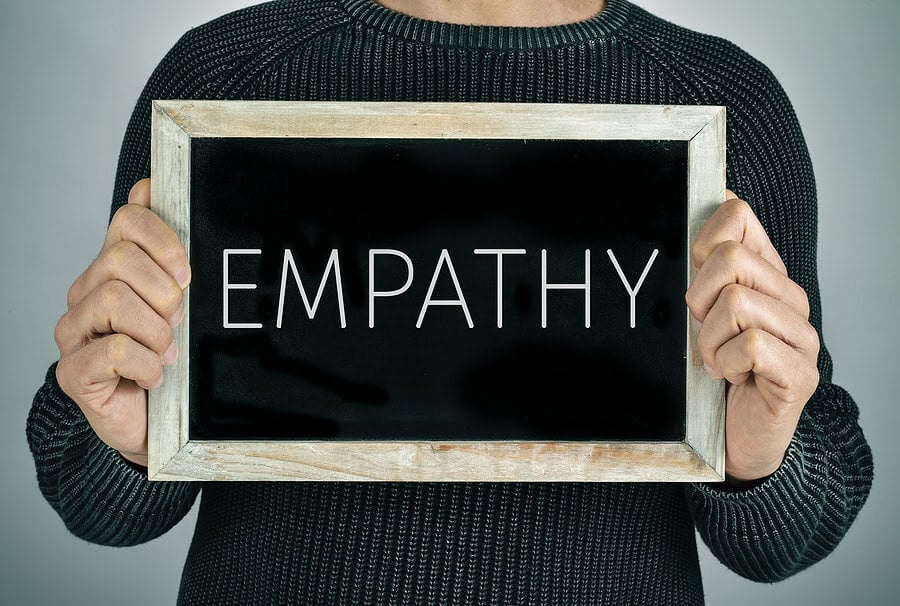- Mend
- Posts
- Should I Tell My Spouse Everything, or Will That Just Hurt Them More?
Should I Tell My Spouse Everything, or Will That Just Hurt Them More?
Should I Tell My Spouse Everything, or Will That Just Hurt Them More?
If you’re sitting with the weight of your affair, trying to figure out what to say and what to keep to yourself, I get it. You might be wondering, “If I tell them everything, won’t that just destroy them even more?”
Maybe you’ve already confessed some of the truth, and you’re now wondering if telling more will just pour salt in the wound. Or maybe you haven’t said anything yet, and you’re stuck between fear and guilt, unsure of what the right thing really is.
This is one of the most confusing parts of recovery for the unfaithful person. You want to be honest, but you don’t want to cause more damage. You don’t want to lie, but you also don’t want to create mental images your spouse can never unsee. It’s not just about the facts. It’s about the impact. And that’s where most people get paralyzed.
Why This Question Is So Hard to Answer
There’s a reason this question keeps you up at night. You’re walking a tightrope between protecting your spouse and honoring their right to know the truth. You probably feel a deep urge to shield them from the worst of it. Maybe you’re telling yourself that if they knew every detail, it would break them. So you keep parts of it locked away, thinking you’re doing the right thing.
But let’s pause for a second. Because underneath the question, “Should I tell them everything?” is often a deeper fear. What we’re really asking is, “Will they still love me if they know the whole truth?” or “If I tell them what really happened, will they leave?”
That fear makes sense. Telling the truth can feel like taking a sledgehammer to something that’s already cracked. But what I’ve learned in my own story, and in mentoring others, is that avoiding the truth rarely protects anyone. It just creates more distance.
The Questions You Keep to Yourself
You might not be saying these things out loud, but I know what it’s like to carry them.
What if telling them makes things worse?
What if they ask something I can’t answer without lying or making it worse?
What if I tell them, and then they never recover?
What if I’ve already caused enough pain?
You might be hoping that over time, if things start to feel better, maybe the truth won’t need to come out. Maybe the relationship can heal without digging it all up again.
The problem is, that often leads to something even more damaging: staggered disclosure (trickle truth). That’s when bits of the truth come out over time, usually because the betrayed partner keeps digging or sensing something is missing. When that happens, it erodes whatever trust was starting to rebuild. It feels like a fresh betrayal every time. I’ve never seen that approach end well.
One Shift That Makes the Answer Clearer
Here’s the shift I want you to consider.
This isn’t just about facts. It’s about restoring emotional safety. And safety isn’t built through avoidance. It’s built through honesty, even when it’s hard.
Telling the truth might hurt your spouse in the short term. But hiding it often hurts them far more in the long run. What most betrayed partners want, even more than the specifics, is the feeling that they can trust you again. And trust is rebuilt through truthfulness, consistency, and presence. It is not rebuilt by trying to protect them from your choices.
The goal of disclosure isn’t to dump every graphic detail. It’s to take responsibility. It’s to answer questions honestly and without defensiveness. It’s to let your spouse lead the pace of what they need to know, and to show them that you’re willing to walk through the hard stuff with them instead of skirting around it.
What This Looks Like in Real Life
I remember one man I mentored who kept certain things from his spouse. He told her about the affair, but not the timeline. Not the emotional attachment. Not the nights away that he’d covered with vague explanations.
For a while, things started to look okay. They were talking more. She was trying to give him a chance. But one day she found a message that didn’t match what he had told her. And the progress they’d made fell apart. She said, “It’s not just the affair. It’s the lying. I don’t know what to believe anymore.”
He thought he was protecting her by leaving things out. But what she needed most was to not feel crazy. To not feel like she had to be a detective in her own marriage. To know that the person who broke the truth was also the person committed to rebuilding it.
Telling her the full truth hurt. But it gave them a clean slate. Not a perfect one, but an honest one.
An Invitation to Be Honest
If you’re holding back because you think it’s the kindest thing to do, I want to challenge that idea. Ask yourself if you’re protecting your spouse, or if you’re protecting yourself from having to watch them hurt.
Honesty is hard. It takes courage, patience, and a willingness to sit in the discomfort of the consequences. But it also gives your spouse something real to work with. Something solid. Something that won’t shift underneath them every time a new piece of the puzzle falls out.
You don’t need to confess everything at once, and you definitely shouldn’t dump things your spouse hasn’t asked to know. But you do need to be truthful when they ask. And you need to be ready to stay with them in the emotional weight of that truth, without rushing them through it.
That’s how healing begins. Not through control or damage control, but through presence. Through real honesty. And through becoming the kind of partner who tells the truth even when it’s hard.
If you need help with that — if you’re not sure how to start or how much to say — that’s the work I do with people every day. You don’t have to carry this alone.
“The easiest person to deceive is one's own self."

Individual Coaching for Unfaithful Men & Women
For those ready to face the truth, not just escape the pain.
If you’ve had an affair and you’re still carrying guilt, confusion, or that quiet fear that you might mess it all up again — you’re not alone. But staying stuck doesn’t help anyone, least of all you.
This isn’t about punishment.
It’s about clarity. Ownership. And becoming someone you can actually respect.
With mentoring, we’ll work together to uncover the deeper patterns behind what happened — not to excuse it, but to transform it. You’ll get honest, compassionate guidance rooted in lived experience — not theory. No judgment. No performance.
Just a place to get real, do the work, and become the partner, parent, and person you know you’re capable of being.
If you’re ready to stop hiding from yourself and start rebuilding from the inside out — I’m here.
From the World of Self-Improvement
Relationships
Emotional/Mental Well-being
Personal Growth
Physical Well-being
Professional and Financial
Feeling Stuck? Here's How We Can Help You Move Forward
When you're ready for more than just reading… here are two powerful ways to get traction in your healing journey:
1. Start with a Program That Fits Where You Are. Whether you're the betrayed partner trying to survive the chaos—or the unfaithful partner trying to stop making it worse—there's a resource here that speaks directly to you.
→ Survive and Thrive after Infidelity - For betrayed spouses ready to steady themselves and start rebuilding.
This full program walks you through what to expect after D-day, how to calm the emotional rollercoaster, and how to reclaim your power.
→ Get the clarity and support you need to not just survive—but thrive.
→ The Unfaithful Person's Guide to Helping Your Spouse Heal From Your Affair: For unfaithful partners who don’t want to keep guessing what helps.
This guide covers the 24 critical tasks that shift you from betrayer to healer. It's not fluff—it’s the real work your partner needs to see from you.
→ Stop spinning in shame and start showing up differently.
2. Talk to Someone Who Gets It - Sometimes, you don’t need more information. You need a real conversation with someone who’s been where you are. Book a Mentoring Session
Whether you're the betrayed or the unfaithful partner, mentoring gives you space to be heard, get honest, and receive personalized guidance.
→ Not just sympathy—real empathy. From people who’ve lived it.
Take care!
Linda & Doug
You are receiving this email because you signed up for the Mend newsletter.
Was this email forwarded to you? Get your own sub here.







:max_bytes(150000):strip_icc()/GettyImages-1402269119-d982a6b77fb14cc1b87b300b3eaf8129.jpg)



